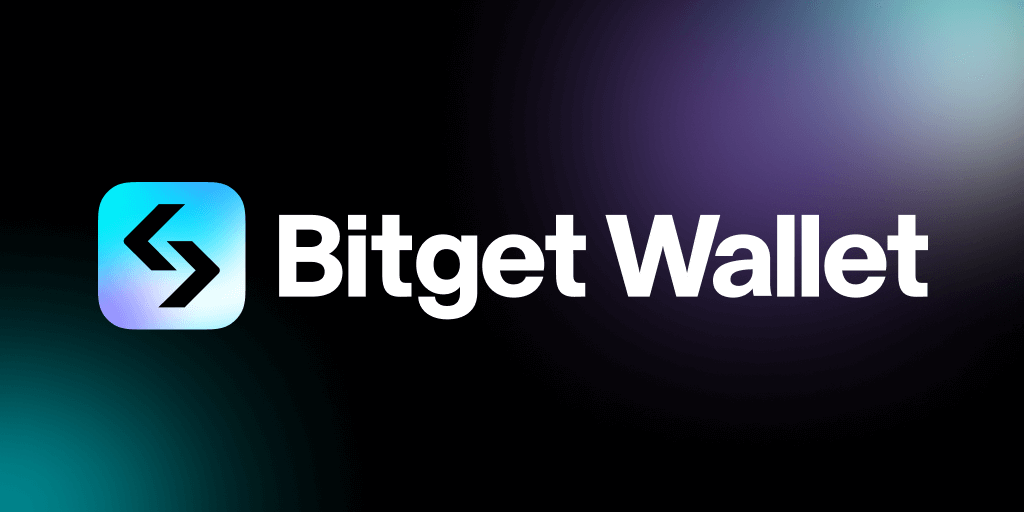So, I was thinking about how crazy the crypto trading landscape has gotten lately. Futures trading, spot trading, copy trading — it’s like a buffet, but with way more options and a lot more risk on the side. Seriously, it’s easy to get overwhelmed. My gut told me something felt off about just blindly jumping into any of these without really understanding the nuances. You know the feeling when you’re scrolling through a million charts and indicators, and suddenly your head starts spinning? Yeah, that.
Here’s the thing. Spot trading is the classic—it’s straightforward, buying and selling actual coins. But futures? That’s a whole different beast. And copy trading? Well, that’s the wild card for many. Initially, I thought futures were only for the pros juggling margin calls on a daily basis, but then I realized with platforms integrating user-friendly wallets, even regular folks are diving in. That’s when I started digging deeper, especially into wallet integrations that make all this seamless.
On one hand, futures trading offers insane leverage opportunities—like being able to control 10x or even more your actual capital. But on the other hand, that leverage can wipe you out faster than you can say “stop-loss.” Actually, wait—let me rephrase that—it’s not just about wiping out; it’s about managing the psychological rollercoaster too. If you’ve ever day-traded Bitcoin futures, you know what I mean. The volatility is not just a market thing; it messes with your head.
Spot trading, by contrast, feels a bit safer since you actually own the asset. But here’s a kicker: owning the asset doesn’t mean you’re off the hook. Storage, security, and access matter big time. I’ve personally been using the bitget wallet lately, and it’s pretty slick how it integrates spot trades with futures and copy trading in one place. Not perfect, but for me, it’s a step up from juggling multiple apps and wallets.
Wow! The ecosystem’s evolving fast, and it’s tempting to jump on every new feature, but that’s a trap. You gotta pace yourself.
Now, about copy trading—this one fascinates me. It’s like social media meets crypto markets. You find a trader you trust and mirror their moves. Sounds easy, right? But trust is a loaded word here. I mean, just because someone made a killing last month doesn’t guarantee they won’t tank your portfolio tomorrow. Plus, there’s the whole transparency thing. Some platforms are better than others, but I’m still wary.
Copy trading is a shortcut for novices who want exposure without the grind of analysis. Though actually, it’s not really a shortcut if you don’t understand the risks. I once blindly followed a “top trader” and lost a chunk of my stash when the market flipped hard. Lesson learned.
It’s funny how human nature pushes us to seek easy wins, especially in a space as volatile as crypto. The temptation to let someone else do the heavy lifting is strong, but I’m biased—I think it’s very very important to at least understand the strategies you’re copying. Otherwise, you’re just gambling.
Check this out—

That chart above? It shows how futures volumes can spike unpredictably compared to spot trading. What surprises me is how some traders swing wildly between these markets, chasing momentum but often losing sight of fundamentals.
Why Wallet Choice Matters More Than You Think
Okay, so here’s a tangent—wallets. I used to think they were just dumb storage tools, but no, they’re the lifeline for trading and security. Especially if you’re dabbling in futures and copy trading, the wallet you pick can make or break your experience. The bitget wallet integrates multi-chain support and connects directly to trading platforms, which is a godsend. No more juggling multiple logins or dealing with clunky interfaces.
This integration means you can switch from spot to futures trading without hopping between apps, reducing friction and potential errors. But I gotta admit, the learning curve still bites. Using advanced order types and managing margin calls right from your wallet interface? Not trivial stuff.
Something that bugs me about many wallets is their limited support for copy trading features. You either get a wallet focused on security but no social trading, or platforms with copy trading but weak security. Finding a balance is key, and that’s where the bitget wallet shines for me. It’s not perfect, but it feels like the future.
Also, the US regulatory landscape adds a layer of complexity. Some wallets and exchanges have to restrict functionalities or user bases, which can be frustrating. I’m not 100% sure how this will evolve, but right now, having a wallet that’s actively updating to comply without sacrificing usability is crucial.
Seriously, the more I dig, the more I realize that trading isn’t just about the market moves—it’s about the tools you harness to navigate them. And trust me, a good wallet is your best friend on this journey.
Alright, a quick recap (though I hate those). Spot trading is straightforward but requires ownership responsibility. Futures offer higher leverage and risk, demanding sharp discipline. Copy trading provides social leverage but needs vetting and caution. And underlining all of this is the wallet you use—your gateway, your fortress, your dashboard.
So, if you’re in the multi-chain DeFi world and want a seamless way to manage all these trading styles, definitely check out the bitget wallet. It’s not hype—it’s practical.
Anyway, it’s wild how much this space keeps evolving. One day you think you’re in control, next day—bam!—the market flips or a wallet update changes everything. But hey, that’s part of the thrill, isn’t it? Keeps you on your toes.
